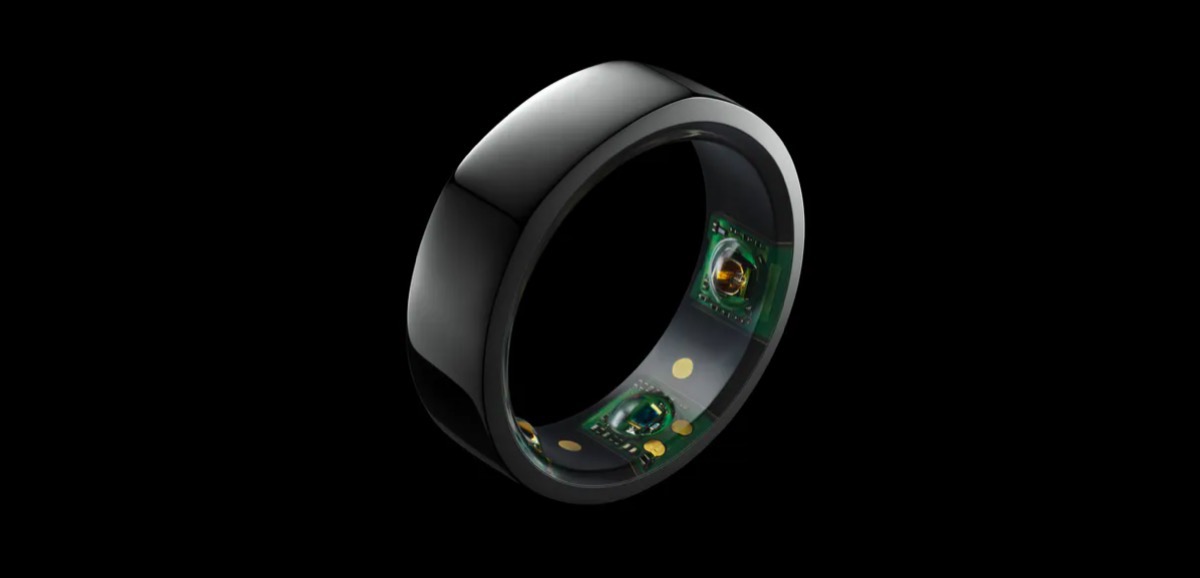The Oura ring was originally intended for use as a sleep tracker, but it has recently gotten attention for its apparent ability to detect COVID-19. In April, the ring’s maker commissioned a joint study with the West Virginia University Rockefeller Neuroscience Institute that found Oura was able to predict coronavirus symptoms 24 hours before onset by picking up on a slight rise in body temperature and other subtle physiological changes. More recent claims, including those listed in a Financial Times article, have suggested the ring can predict symptoms a full three days in advance. “This forecasting capability will help us get ahead of this pandemic; limit the spread to protect healthcare workers, their families, and our communities; and improve our understanding of health recovery,” Ali Rezai, MD, executive chair of the WVU Rockefeller Neuroscience Institute, said in a statement.ae0fcc31ae342fd3a1346ebb1f342fcb As for how effective the Oura ring is at detecting the virus before the wearer notices their symptoms, that remains to be seen outside of studies. The Financial Times article reports that Las Vegas Sands, which owns the Venetian and Palazzo resorts, purchased 1,000 of the rings to distribute to casino staff. If the rings are able to help infected individuals discover their illness and self-quarantine before an outbreak, Sands president Rob Goldstein has said he will buy one for every employee. The NBA is also investing in Oura technology: Players will be given the option of wearing the smart rings as part of the new safety protocols put in place for the restart of the 2019-2020 season on July 30. According to Complex, “Players will have full access to the data collected on them as well, which will be studied by scientists at the University of Michigan to monitor for symptoms.” RELATED: For more up-to-date information, sign up for our daily newsletter. So, should anyone who can afford an Oura smart ring order one? Benjamin Smarr, PhD, a professor of data science and bioengineering at the Jacobs School of Engineering at the University of California, San Diego, seems to think so, based on his study of 12,000 people who were given the device. He told the Financial Times he was “extremely confident” those wearing the ring would be able to get an early warning that they’ve been infected with COVID-19, thereby mitigating the virus’ spread. Still, at a starting cost of $300, the Oura ring is a pricey investment for the average consumer. And while it may be able to pick up on symptoms before they become noticeable, scientists still believe that asymptomatic individuals can spread the virus and are responsible for a significant percentage of infections. If you do decide to purchase the ring, remember that it’s just one potential weapon in the fight against the pandemic, to be used alongside face masks and social distancing, which have both been proven to slow the spread. And for more on the role of technology in ending the pandemic, this is The One Thing 71 Percent of Americans Wouldn’t Do to Curb Coronavirus.
